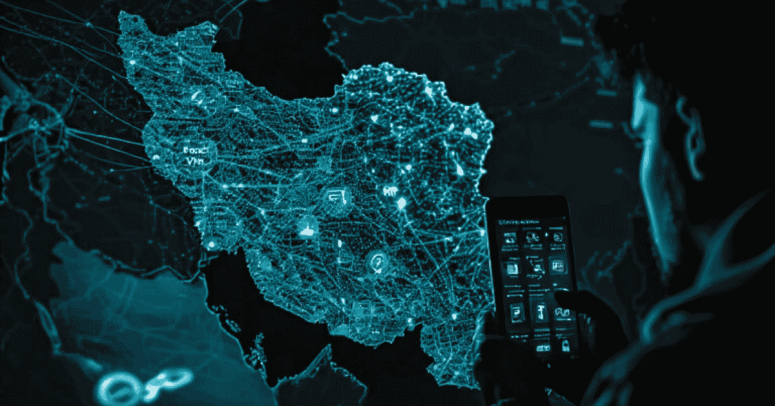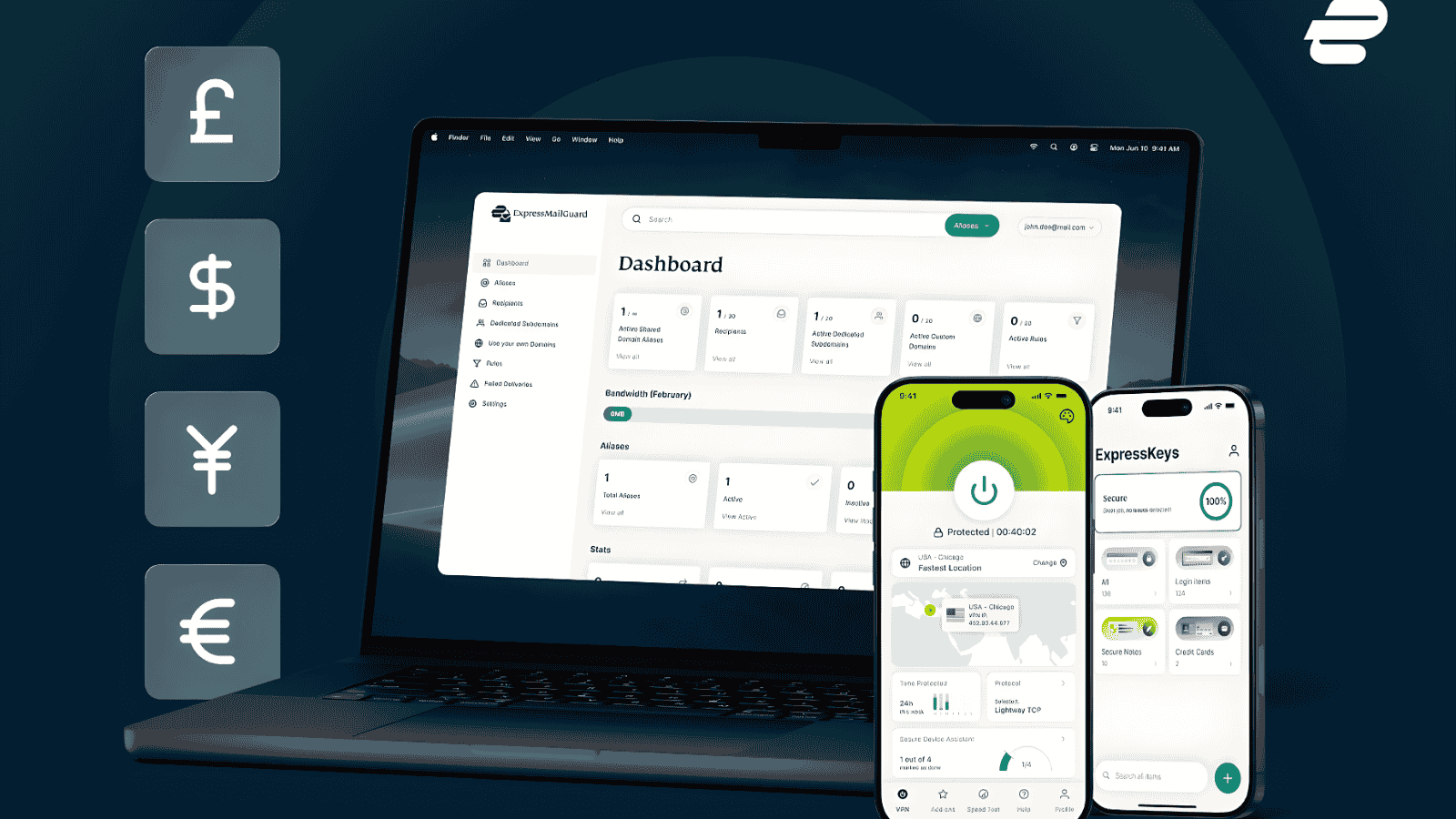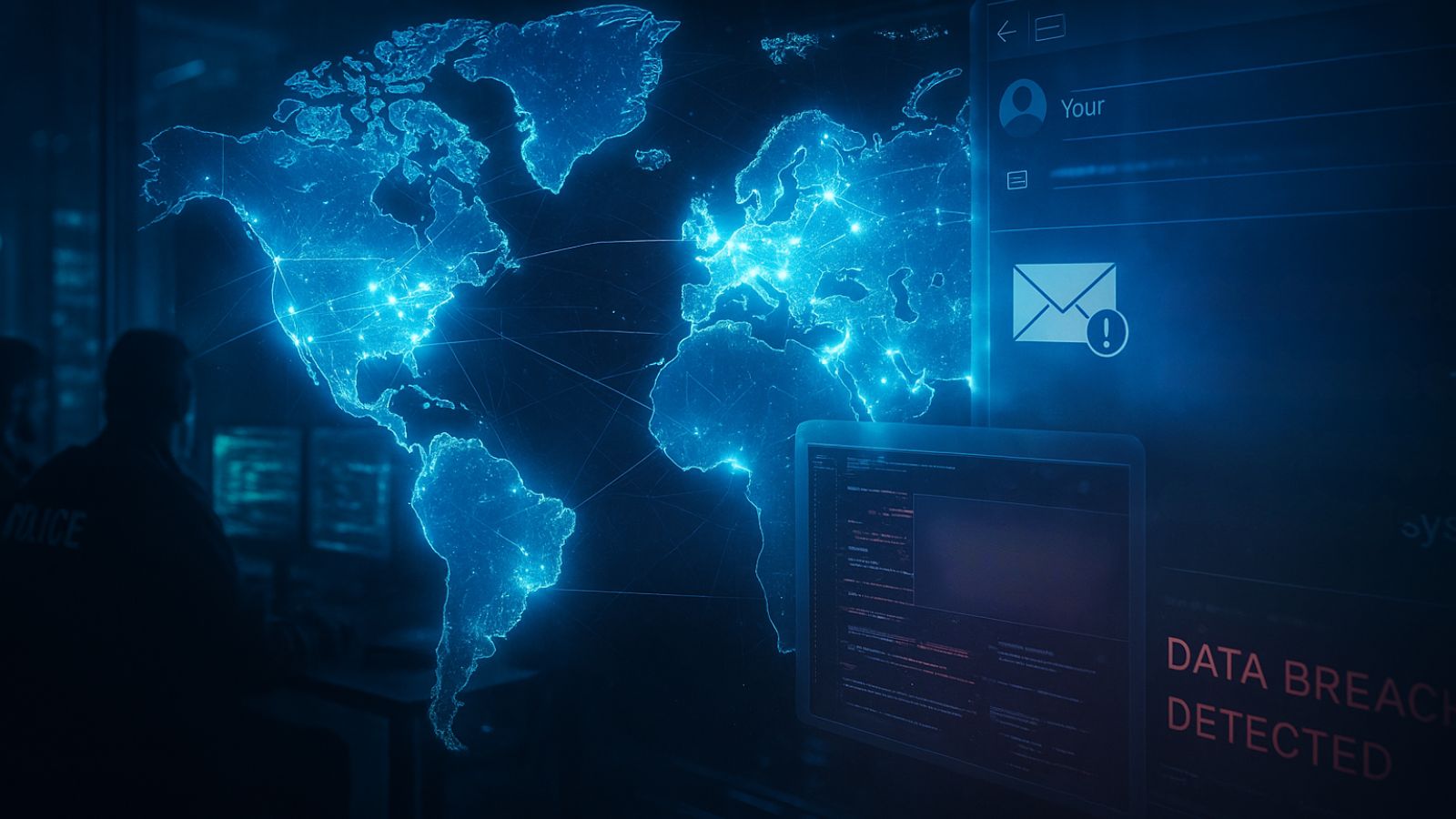
Iran’s Internet Filtering May Be Fueling Espionage Risks, Expert Warns
- Iran filtering policies drive VPN use, raising fears of espionage and foreign data access.
- Expert warns many VPNs may be espionage tools from hostile nations.
- Lack of safe alternatives forces citizens to install unverified, high-risk VPN apps.
An Iranian communications expert has raised serious concerns over the country’s internet filtering policies, suggesting they may be doing more harm than good. According to Hamid Ziaei Parvar, a professor of communications, these restrictions have unintentionally opened the door to espionage by pushing millions of Iranians toward unregulated VPN applications, some of which, he claims, could be operated by foreign intelligence agencies.
Ziaei Parvar made his warning public in a social media post, later reported by Iranian tech outlet Citna on June 30. He stated, “Defenders and implementers of filtering have, knowingly or unknowingly, played in Israel’s field.” His argument is that, instead of enhancing national security, the filtering system has become a pathway for the mass installation of potentially dangerous tools. Owing to this, VPN demand has spiked sharply since June 13, 2025.
Iran’s government has spent over a decade restricting access to major international platforms such as Instagram, WhatsApp, Telegram, YouTube, Twitter, and Facebook. These platforms are widely used globally for communication, work, and information. To access them, Iranians try to find and use VPNs that actually work in Iran and filter-breakers, tools designed to bypass censorship. But in doing so, many use free VPNs and unknowingly put their privacy at risk.
The issue came into sharp focus during the recent 12-day conflict between Iran and Israel. During the war, Iran’s internet was reportedly shut down completely for more than 48 hours. Such measures only increase public dependence on VPN services, many of which are free, widely available, and come from sources with no clear background.
These VPNs often request sweeping permissions, including access to users’ files, network activity, camera, microphone, and location data. This has raised alarms among cybersecurity professionals who believe the real threat might not be the filtered content itself, but the apps people use to get around it.
Experts warn that such applications could serve as direct channels for foreign surveillance or even cyberattacks. In a country with no secure or trusted alternatives, users have little choice but to rely on whatever VPN service is available, no matter how questionable its origin.
The situation becomes more complicated in the absence of a national solution or safe infrastructure. The ongoing reliance on unregulated VPNs continues to blur the line between digital protection and exposure, leading many to question whether the current internet policies are truly achieving their intended security goals.
Meanwhile, restrictions continue even after a ceasefire between Iran and Israel was brokered by former U.S. President Donald Trump last week. Reports indicate that heavy legal penalties, including possible prison sentences, are now being imposed on citizens caught using unauthorized internet systems, including smuggled Starlink kits.
Amid growing concerns over Iran's filtering policies, VPN espionage is emerging as a major risk, as tighter digital controls push users toward unregulated VPN apps. As Iran tightens control over the digital space, the broader consequences of its filtering strategy, especially its unintended role in facilitating espionage through foreign-developed VPNs, continue to raise serious questions about both national and personal security.










